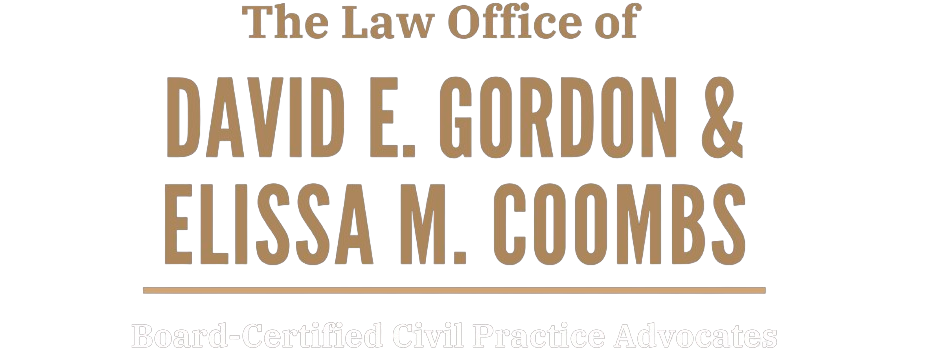In some states, the decision of whether to wear protective headgear while operating or riding on a motorcycle is left entirely up to individual riders without state law putting any requirements in place. In Tennessee, however, there are strict rules regarding who must wear helmets while riding a motorcycle and what specifications this protective gear must meet. Violating those rules could have both criminal and civil repercussions in the event of an accident.
Understanding Bartlett motorcycle helmet laws is vital to protecting yourself physically while riding and to preserving your right to file suit if someone else causes you to get hurt in a motorcycle wreck. For more information, reach out to an experienced motorcycle accident attorney from the Law Office of David E. Gordon.
What State Law Says About Helmets for Motorcycle Riders
According to Tennessee Code § 55-9-302, everyone of any age who drives a “motorcycle, motorized bicycle… or motor-driven cycle” in Tennessee must wear a crash helmet at all times while in motion. This also applies to any passenger of any age riding with them. More specifically, motorcycle helmets for riders in Bartlett and around the Volunteer State must meet all the safety criteria outlined in the 49 Code of Federal Regulations § 571.218.
If a rider’s helmet has no safety visor, they must either have a windshield installed on their motorcycle or wear safety goggles, a face shield, or impact-resistant glasses by TN Code § 55-9-304. All helmets must also have stickers on them affirming they comply with safety requirements for the Consumer Product Safety Commission (CPSC), the American Society for Testing Materials (ASTM), the Snell Foundation, or the Southern Impact Research Center (SIRC).
The only circumstances under which motorcycle helmet use is not required by law are the following:
- While riding a fully enclosed autocycle or golf cart
- While riding within a fully enclosed cab
- While riding in a parade, provided all riders are at least 18 years old and they travel no faster than 30 miles per hour
- While riding in a funeral procession, body escort detail, or memorial ride under a police escort, provided all riders are at least 21 years old, travel no faster than 30 miles per hour, and do not ride in the procession farther than 50 miles
Qualified attorney David E. Gordon can explain these rules in more specific detail as needed during a confidential consultation.
Does Not Wearing a Helmet Count as Comparative Fault?
Someone who fails to follow Bartlett’s helmet laws while riding a motorcycle may face criminal charges for a Class C misdemeanor offense, which may be punishable upon conviction by a $50 fine or a 30-day maximum jail term. On top of that, anyone who gets hurt in a motorcycle wreck while not wearing a helmet may be considered partially at fault for their own injuries.
Even if someone else is mainly to blame for causing such a wreck, any amount of “comparative fault” assigned to an injured rider could be held against them as a proportional reduction from their final damage award. Even worse, anyone found equally or primarily to blame for their own injuries compared to all other involved parties combined is completely ineligible to get any compensation through a civil lawsuit over those injuries.
Let Our Attorneys Answer Your Questions About Bartlett Motorcycle Helmet Laws
Wearing a helmet while riding a motorcycle in Tennessee is legally required and the best way to keep yourselves and your passengers safe. However, helmets cannot prevent all injuries from traffic collisions involving motorcycles, especially those caused by the negligence of another motor vehicle operator.
If you have questions about how Bartlett motorcycle helmet laws might impact a potential civil claim over a motorcycle accident, guidance is available from the Law Office of David E. Gordon. Call today to learn more.







